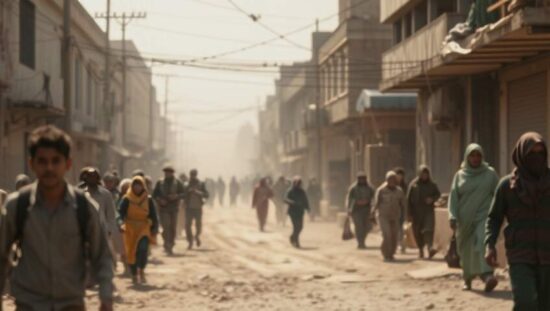The humanitarian organization Doctors Without Borders (Médecins Sans Frontières) is urgently appealing to the German government to intensify its efforts in protecting civilians within Sudan, specifically highlighting the escalating crisis in al-Faschir. Christian Katzer, Managing Director of Doctors Without Borders Germany, described the unfolding events in al-Faschir as a “shocking catastrophe” occurring “under the gaze of the international community” emphasizing that it can only be resolved through concerted international pressure.
Katzer’s appeal, delivered to the Funke-Mediengruppe newspapers, criticizes the perceived inaction and insufficient response from the international community. He argues that the German government must move beyond symbolic gestures and actively advocate for an immediate cessation of violence and the establishment of safe passage routes for civilians attempting to flee the besieged city. The organization underscores the dire need for specialized protection for those experiencing ethnic and sexualized violence, demanding substantial international leverage to enforce this protection.
The situation on the ground, according to Doctors Without Borders, is catastrophic. The brutality inflicted upon the civilian population is reportedly beyond description, with a significant number of those fleeing the city visibly traumatized by months of siege and grappling with extreme hunger and ethnic violence. Initial assessments of displaced populations arriving in Tawila, approximately 60 kilometers from al-Faschir, reveal a deeply concerning reality: three out of four children are suffering from acute malnutrition. The already overwhelmed local hospitals are struggling to cope with the influx of patients, many suffering from the dual impacts of starvation and violence.
Doctors Without Borders asserts that a meaningful and effective intervention from the international community is now more critical than ever. This necessitates the swift delivery of essential resources including food, potable water, medical supplies and emergency shelter to North Darfur. Katzer’s statement explicitly calls on the German government to demonstrate visible and tangible engagement to facilitate this critical humanitarian effort, questioning the efficacy of current diplomatic strategies and advocating for a more assertive and proactive stance on the part of Berlin. The organization’s plea serves as a stark reminder of the human cost of inaction and the urgent need for international accountability.





